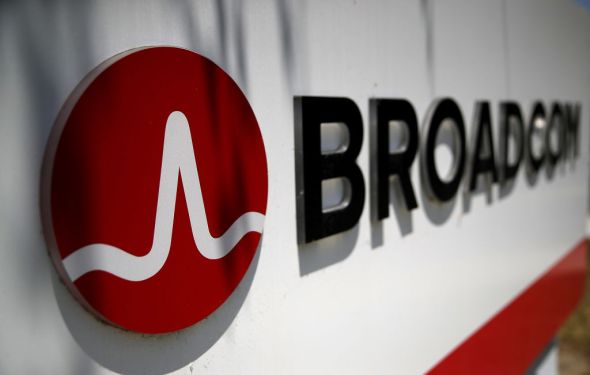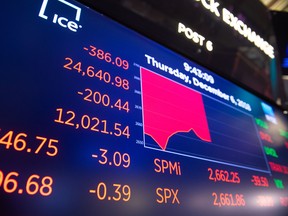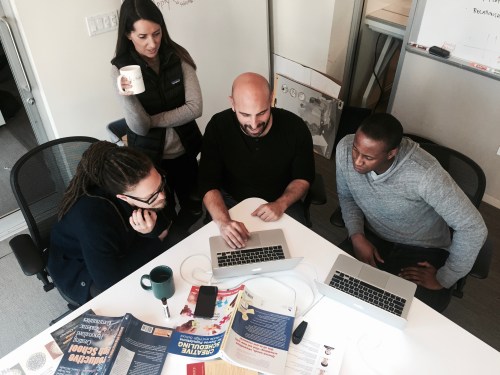
As of 2024, the United States accounted for over 40% of the Bitcoin network’s global hashrate. This significant share is largely attributed to two prominent US-based mining pools: Foundry USA and MARA Pool.
Foundry USA: The Largest Mining Pool
According to TheMinerMag, Foundry USA experienced a substantial increase in its hashrate over 2024. At the beginning of the year, the pool controlled approximately 157 exahashes per second (EH/s). However, by December, this figure had risen to roughly 280 EH/s.
Foundry’s impressive growth catapulted it to become the single largest mining pool by hashrate, commanding a significant share of around 36.5% in the Bitcoin network.
MARA Pool: A Close Second
Data from the Hashrate Index reveals that MARA Pool currently controls approximately 32 EH/s or 4.35% of the total hash power in the Bitcoin network.
While Foundry USA dominates the landscape, China-based mining pools still maintain a significant majority of global hashrate.
Market Share of Hash Power by Mining Pool
| Mining Pool | Market Share (%) |
| — | — |
| Foundry USA | 36.5% |
| MARA Pool | 4.35% |
| Other Chinese Pools | 55% |
Hashrate Dominance: A Complex Issue
TheMinerMag reported that the distribution of miners, particularly small-scale participants in mining pools, poses a challenge in accurately estimating true hashrate dominance.
Mining pools often have headquarters in one country but draw computing power from various jurisdictions. This complex landscape makes it difficult to determine which countries or regions contribute the most to global hashrate.
Estimated Breakdown of Hash Power by Country
| Country | Estimated Share (%) |
| — | — |
| United States | 40% |
| China | 55% |
| Other Countries | 5% |
Concerns Over Hasrate Centralization
The concentration of computing power into a small set of mining pools has sparked concerns among industry experts.
In October, Rajiv Khemani, co-founder and CEO of Auradine, expressed his worries regarding Bitcoin decentralization. He emphasized that the lack of national security would be catastrophic if critical mining infrastructure were concentrated in only one jurisdiction.
Khemani urged caution against allowing any single country to control a majority of the Bitcoin network’s hashrate. This, he argued, would undermine the decentralized nature of the currency and expose it to supply chain risks.
A Decentralized Currency Requires Diverse Mining Infrastructure
To maintain the neutrality and security of the decentralized currency, Khemani stressed that critical mining infrastructure should not be manufactured in a single jurisdiction.
In essence, the concentration of hashrate among a few dominant players raises significant concerns about the potential for supply chain disruptions and centralized control over the network.
















